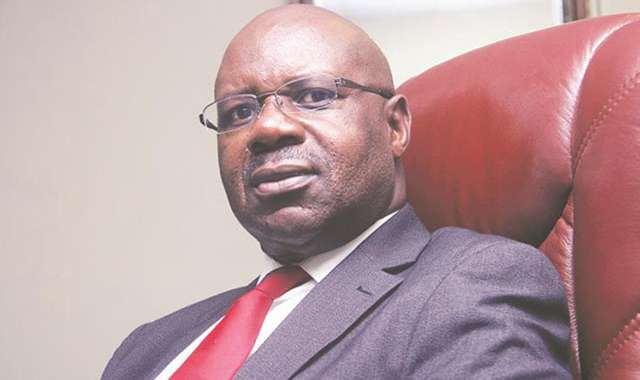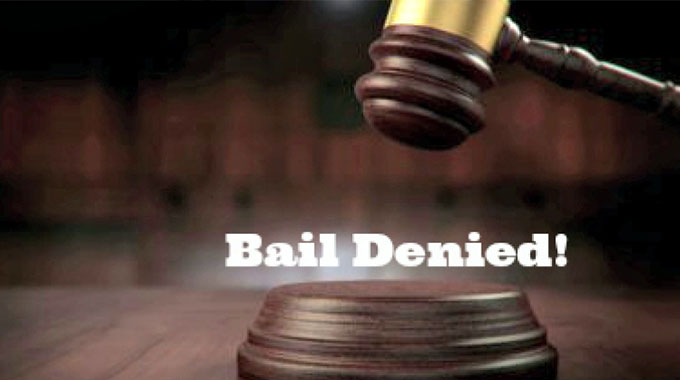New twist to Covid-19 SMS suit applicability

Fidelis Munyoro
Chief Court Reporter
The High Court order barring Econet Wireless from bombarding Harare lawyer Mr Sikhumbuzo Mpofu with unsolicited Covid-19 updates does not apply to other subscribers, but lawyers have warned the company to consider the broader implications.
Mr Mpofu on Monday successfully obtained an interdict to stop Econet sending him Covid-19 updates after he found the company’s system to allow a subscriber to end the service would not respond.
When he could not switch off the messages, or get the company to do that, he sued for the interdict. Legal experts said while the court judgment was in favour of an individual only, Econet could face a class civil suit over the unsolicited messages if others sued.
Advocate Ray Goba said those who wish may still apply to Court to join the application.
“And yes its enforceable as in the applicant’s favour although I think Econet has to seriously consider its position of the broader implications notwithstanding that for now it’s only one applicant seeking relief from the Court,” said Adv Goba, the former Prosecutor-General.
“It’s an interim order. On the return day there may be more aggrieved applicants or others may join and it may become a class civil suit. I really don’t know while looking in my crystal ball.
Another lawyer, Professor Lovemore Madhuku, said the order was specific to one person and one cellphone line.
“It (court order) can only be enforced by the applicant (Mr Mpofu) it does not apply to any other subscriber. The order is very specific. It mentions a specific person and a specific number.”
Mr Mpofu, a senior partner at Munangati and Associates Legal Practitioners, approached the High Court seeking an interdict stopping Econet from sending him texts, which he argued were traumatising him daily. He also sought an order declaring that Econet’s conduct was illegal and unconstitutional.
The urgent application was heard by Justice David Mangota sitting in his chambers and Mr Mpofu was granted interim relief pending the finalisation of the matter on the return date with Econet given 12 hours to stop sending him messages on Covid-19.
In the wake of the Covid-19 pandemic Econet started sending Covid-19 notifications to all its subscribers’ cellphones including Mr Mpofu’s cellphone line using a tag COVID19ZIM.
The messages include statistics on infections, deaths and recoveries and give the emergency toll-free number. Econet give the service as a corporate assistance to the Department of Civil Protection.
A hashtag for “Zimbabwe to Maskup” completes the content.
In his application, Mr Mpofu argued that when he contacted Econet he was given an option to send the words “STOP” to 30440. Though he obliged the messages did not stop. Each time he approached Econet to tell he would be asked to opt out of the messages by doing the very same thing which did not work.
Mr Mpofu argued that once Covid-19 news became unavoidable he could not choose what to hear, what to receive and what to interact with because his power of choice was stripped from him.
“I communicated to respondent that amidst my demands to stop receiving these depressing messages, I was suffering the loss of a loved one,” he argued.
“Respondent acknowledged the message, but still had the audacity to ask me to log in into some platform and try again the very same thing I had done without success.”
In addition, the lawyer argued that he should have a right to decide who gets into his direct messages and how, but this cannot be because Econet had taken all this free will from him as it continued to send its unwanted messages whenever it deems fit and does not care what harm such messages have to the recipient.
In its defence, Econet told the judge that it had stopped sending Mr Mpofu the messages, but the lawyer proved that another message was sent on Monday this week.
Further Econet could not answer why they had stopped sending the messages between 12 and 15 February after receiving the lawyer’s application.
The company also argued that it was following a directive from Potraz.







Comments